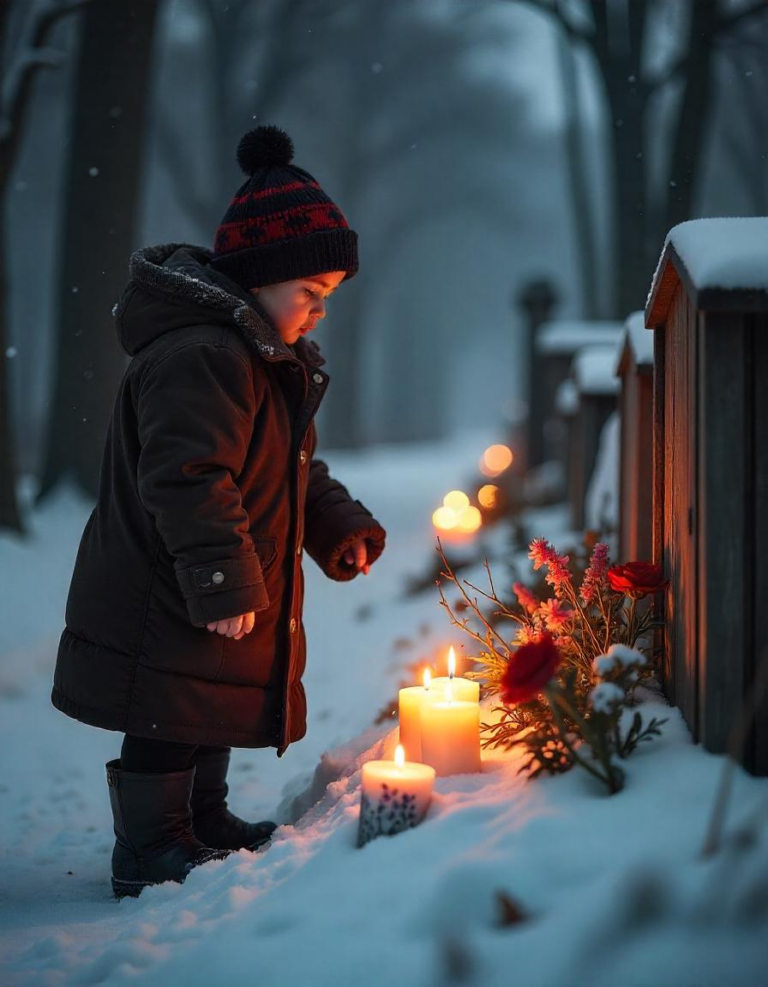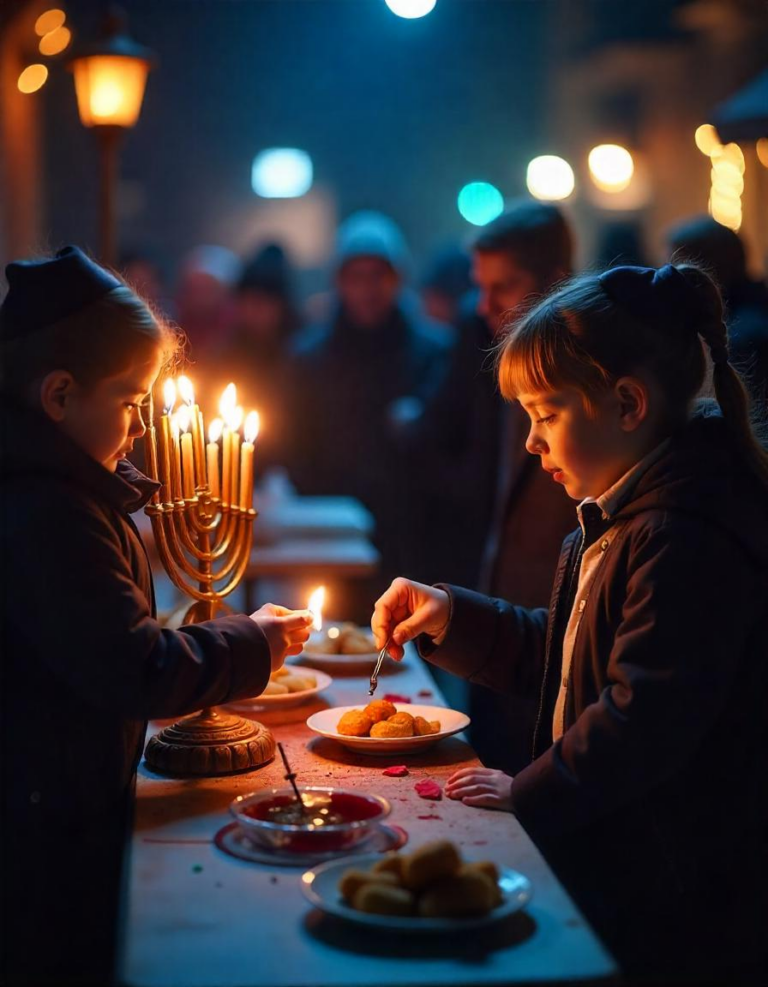
Religious holidays have long been an integral part of societies around the globe. These significant days, rooted in spiritual beliefs and cultural practices, have a profound impact beyond their religious origins. They bring people together, strengthen cultural identity, and contribute to the socio-economic well-being of local areas. Here, we explore how religious holidays influence communities, fostering unity, supporting local businesses, and preserving traditions.
Fostering Unity and Strengthening Bonds
Religious holidays often serve as a time for people to come together, not just in faith but also in community spirit.
1. Bringing Communities Together
Whether it’s through communal prayers, shared meals, or public celebrations, these events provide opportunities for connection. Take Diwali, for instance, where families and neighborhoods light up their homes and streets with lamps, creating an atmosphere of collective joy. Similarly, Christmas carol singing or Eid feasts invite participation, fostering friendships and breaking down barriers between people of different backgrounds.
2. Promoting Understanding
Many religious celebrations encourage openness and inclusivity. Events like open synagogue nights during Rosh Hashanah or interfaith gatherings during Ramadan allow individuals from different belief systems to learn about one another’s traditions. This exchange promotes mutual respect and understanding, vital for a cohesive community.
3. Supporting Charity and Compassion
Religious holidays often emphasize acts of kindness. For example, the concept of Zakat during Ramadan encourages Muslims to help the less fortunate, while initiatives like food banks and donations during Thanksgiving or Hanukkah benefit entire neighborhoods. The ripple effect of these charitable acts creates a stronger support system within communities.
Boosting Local Economies
Religious holidays have a noticeable economic impact as well, benefiting local businesses and industries.
1. Seasonal Shopping and Festive Markets
Holidays spark increased demand for goods and services. Vendors sell decorations, traditional food, and gifts, while artisans and craftsmen showcase their skills at festive markets. For example, Christmas markets across Europe not only attract locals but also draw tourists, creating a vibrant economic boost for small towns and cities.
2. Tourism and Hospitality Boom
Many religious celebrations, such as Holi in India or Semana Santa in Spain, attract visitors from around the world. Hotels, restaurants, and local transport see a surge in activity during these periods, stimulating the local economy. Tourists, eager to experience these vibrant traditions, also spend on souvenirs, cultural experiences, and dining, benefiting numerous businesses.
3. Entertainment and Performances
Religious holidays often feature cultural activities such as plays, music events, and parades. These not only become sources of joy but also generate income for performers, event organizers, and associated services. For instance, performances of the Passion of Christ on Good Friday in various countries draw crowds to see the dramatic reenactments of historical events.
Preserving Cultural Traditions and Heritage
Religious holidays are vital for maintaining cultural legacies, often acting as living museums of tradition.
1. Celebrating Age-Old Customs
Holidays are often marked by time-honored rituals that pass from one generation to the next. Whether it’s the burning of incense during Lunar New Year or the crafting of colorful altars for Dia de los Muertos, these practices ensure cultural heritage remains alive.
2. Inspiring Artistic Creativity
Religious festivals inspire art, music, and literature. Festive songs during Navratri, intricate kolam designs during Pongal, or storytelling during Purim enrich cultural expression. Such holidays are a treasure trove for preserving the artistic identity of communities.
3. Teaching Values Through Participation
When young people participate in religious holiday observances, they not only learn about their faith but also inherit values like gratitude, humility, and compassion. For instance, Thanksgiving helps underscore the importance of thankfulness, while festivals like Passover encourage reflection on freedom and resilience.
Connecting People Across Borders
Many religious holidays have universal appeal, transcending local boundaries and bringing together global communities. Events like the Hajj pilgrimage see millions from around the world unite in a singular spiritual goal. Similarly, the global celebration of Easter connects Christians far and wide, while Chinese New Year festivities draw participants eager to share in its colorful traditions.
This global resonance fosters cultural exchange, helping communities connect and celebrate differences while emphasizing shared human values.
The Lasting Impact of Religious Holidays
Religious holidays are more than sacred observances; they are moments of transformation. Their influence on local communities goes beyond rituals, showing how belief and celebration can uplift entire societies. From revitalizing economies to preserving rich cultures, these holidays represent the enduring power of shared human experiences.
Ultimately, whether participating in a jubilant parade, lighting a candle in quiet reflection, or simply joining hands to share a meal, the influence of religious holidays reminds us of the importance of unity, tradition, and mutual support in our lives.
How will you honor and celebrate your traditions this year? Perhaps you’ll also discover the beauty of connecting with your community in new ways.




